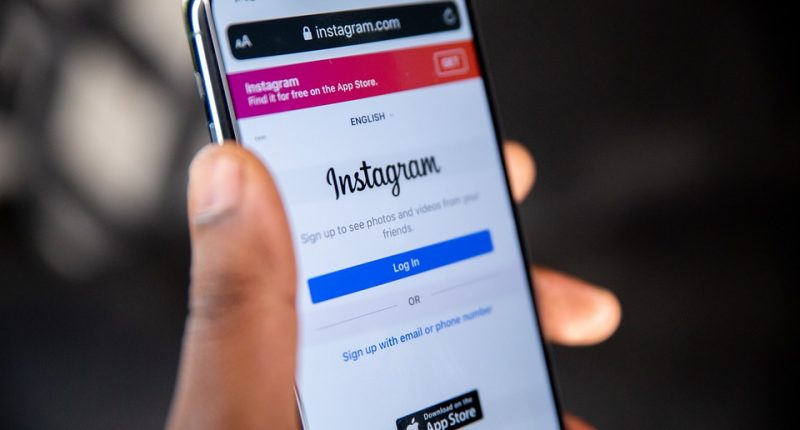If you use WhatsApp, then you are no stranger to end-to-end encryption. For those who are unfamiliar with it, end-to-end encryption ensures that only you and the person you are communicating with can read the message you sent. This feature has been in WhatsApp for quite some time, and Meta (formerly Facebook Inc.) has been working on rolling it out to Instagram and Facebook by default as well. However, those plans have been delayed, and Instagram and Facebook Messenger will not have end-to-end encryption (E2EE) by default till 2023.
Meta, which owns Facebook, Instagram, and WhatsApp, had said earlier that E2EE on default would be available on Instagram and Messenger “sometime in 2022 at the earliest.” Now, these changes will not be seen before 2023.
Why the delay? It is because Meta aims to make it right this time and not hamper efforts to stop criminal activity, according to Antigone Davis, Meta’s global head of safety. “We’re taking our time to get this right and we don’t plan to finish the global rollout of end-to-end encryption by default across all our messaging services until sometime in 2023,” Davis wrote in the Sunday Telegraph, adding that they were determined to protect the private communications of people and keep them safe online. User safety continues to be a hot topic, especially for younger users, but most companies have been working to make sure people feel safe on their platforms.
When E2EE becomes available by default, Meta will use a combination of non-encrypted data across our apps, account information, and reports from users” to help keep them safe, all while “assisting public safety efforts.”
This technology does not come without its fair share of criticisms, however. E2EE is set to make communications more private, something that could be exploited to shield abusers from getting detected.
According to the National Society for the Prevention of Cruelty to Children (NSPCC), private messaging “is the front line of child sexual abuse” and that encrypting messages by default could lead to the easier spread of child abuse imagery. UK Home Secretary Priti Patel has been a critic as well, saying that E2EE could “severely hamper” law enforcement in pursuing criminal activity, including online child abuse.
